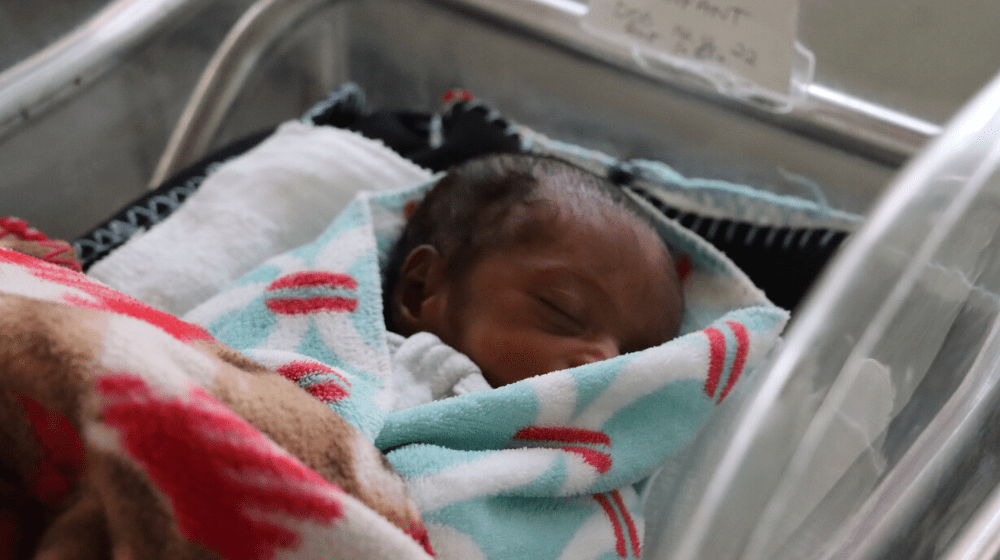61,000 people rely on the team at Mutzing Health Centre for routine and emergency healthcare, including childbirth. When the team is not able to treat them, patients are referred to Lae’s Angau Memorial General Hospital, a two-hour drive away.
For many women facing complications during pregnancy, these two hours put themselves and their babies at risk. But the team at Mutzing is drastically reducing the number of referrals to Angau following training in Emergency Obstetric and Neonatal Care (EmONC).
“The number of delivery-related referrals we are sending to Angau General Hospital has decreased now that we know how to manage these complications better,” said Mutzing Health Centre Health Extension Officer Mr. Brian Manari.
“We are now managing most post-partum hemorrhage (PPH) cases here at the centre and we are doing manual removal of retained placenta.”
The EmONC training was provided to nurses and midwives from Eastern Highlands and Morobe by the National Department of Health, with support from UNFPA. The training strengthens knowledge and skills of healthcare professionals in managing common complications in delivery, including bleeding and shock. When the complications require referral to an advanced care facility, training assists healthcare workers in knowing how to stabilise patients before transport.
One Nursing Officer from Mutzing Health Center expressed his gratitude for this much needed EmONC training, which he has shared with his team at Mutzing.
“With the knowledge and skills that I gained during this training, I have trained my 22 colleagues and this improved the way in which we work in our labor wards and antenatal clinic,” Nursing Officer Roger Andrew proudly informed UNFPA.
“For the first time, one of my colleagues was able to apply the anti-shock garment on a mother with severe complications, stabilize her and then refer her to Angau hospital to be assisted. She survived.”
UNFPA works to achieve a world in which every childbirth is safe. The EmONC training package has been pivotal to the organisation’s partnership with the National Department of Health on strengthening maternal health in Papua New Guinea, with over 100 midwives and healthcare providers trained across the country. In addition, UNFPA is working to equip this workforce with the equipment and medicines they need to provide the best care to women and girls in PNG through the provision of sexual and reproductive health commodities secured with support from the Australian Government.


